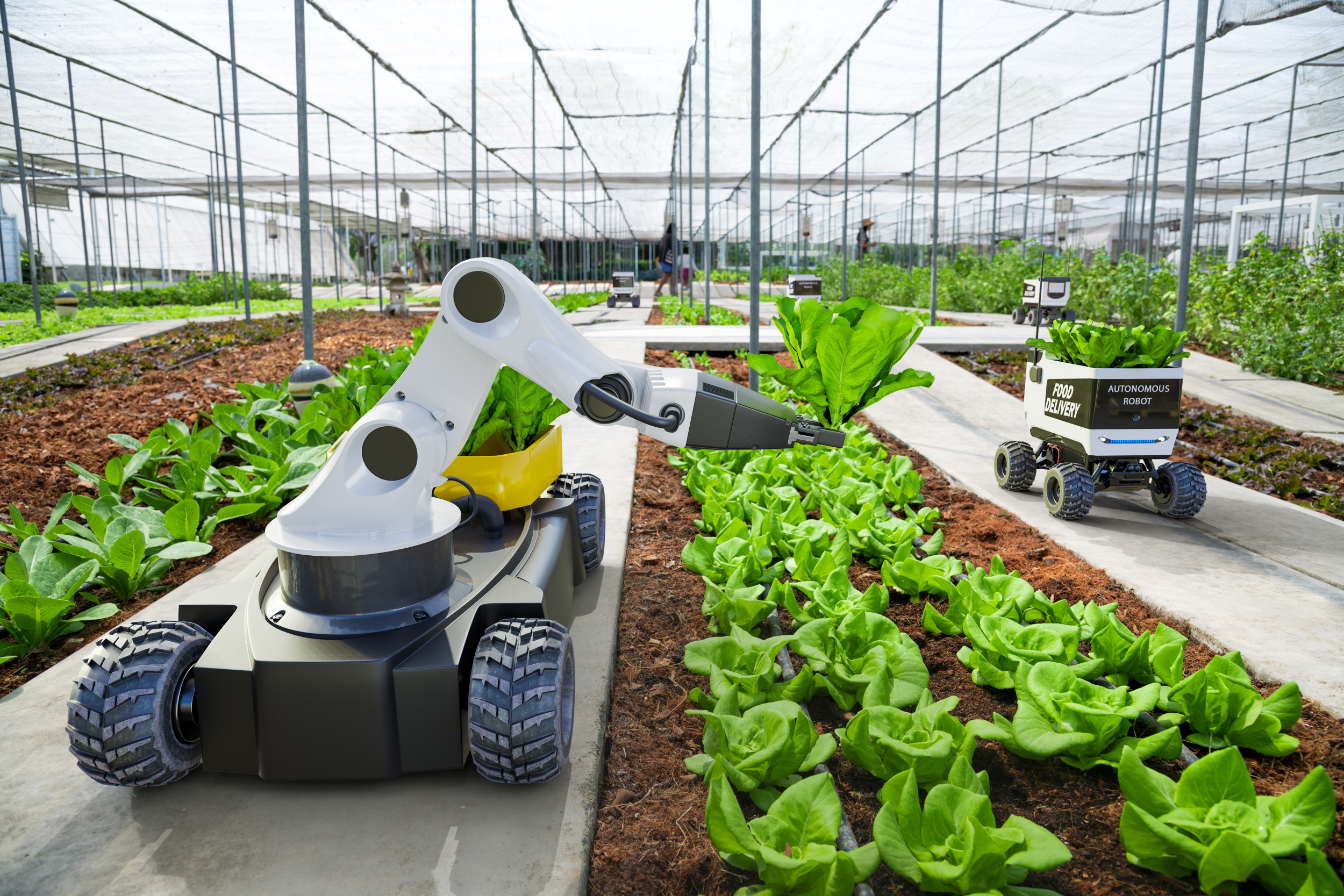
Walking through orchards with growers, I've seen firsthand the effects of agtech's "here today, gone tomorrow" problem.
Weather stations lie forgotten in the dirt; defunct moisture sensors dot the vegetation. Far from useful, they've become eerie relics — like a post-apocalyptic Statue of Liberty in "Planet of the Apes."
How did we get here? The agtech sector has been growing exponentially. Analysts expect the sector, valued at $17.44 billion in 2019, to reach a $41.17 billion valuation by 2027. But in this boom time, too many companies are leaving farmers with equipment that doesn't work as promised.
It's no wonder so many growers are hesitant to adopt precision tools. The U.S. Department of Agriculture found only 25% of U.S. farmers reported using precision technology to manage crops or livestock. In other surveys, respondents say common barriers are the cost of equipment, the perceived return on investment and a lack of confidence in the recommendations.
In other words, for many growers who already operate on thin margins, precision ag doesn't seem worth the risk.
Growers Don't Need Gadgets; They Need Results
These surveys point to a fundamental flaw in the agtech industry. Agtech companies today sell plenty of advanced equipment, from moisture sensors and temperature monitors to smart irrigation systems and even autonomous drones and tractors. But once the sale is made, farmers are mostly left to their own devices.
Maintaining this new technology is untenable for busy farmers. Anyone who has installed a home printer knows the frustration of deciphering instruction manuals and waiting for customer support. Imagine dealing with a few thousand printers, and you start to understand the scale of technical challenges on a large farm.
Farming is categorically different from most professions, with unique time and resource pressures and vast distances to cover. If you run a coffee shop, you'll immediately notice if your point-of-sale system goes down.But if squirrels chew through an irrigation line on a 2,000-acre farm, it could take time before the leak is identified. The stakes could be as high as an entire season's harvest, or the farm.
To be clear, it doesn't make economic sense for most growers to hire and train IT services and field technicians. Nor is the fix here just a 24-7 phone line or some new chatbot. To truly reap the benefits of agtech, growers need real-time monitoring: a centralized service that allows them to benefit from economies of scale and advanced AI. Equally important are actual boots on the ground — timely, onsite technical assistance.
Agtech as a Service, Not a Product
Addressing this need requires a critical shift from thinking of agtech as a product to thinking of it as a service. I've seen the benefits and challenges of this approach up-close.
This service-based model is hardly revolutionary. It's how most of us get our internet, for example. Rather than paying for equipment, your provider supplies and installs the hardware, handles software upgrades, monitors the network and sends out technicians to troubleshoot when things go wrong. You enjoy blazing-fast downloads for one monthly fee without ever having to touch your router.
In agriculture, this approach can pay similar dividends. Agtech infrastructure represents an enormous upfront cost for farmers, especially at scale. Approaching precision agriculture as a service eliminates that risk. Farmers shoulder no upfront cost for equipment and instead pay a subscription for service and results.
Folded into that cost are three critical components: installation, ongoing monitoring and regular maintenance. I've seen this in action in the context of insect pest management.
At the heart of precision ag-as-a-service is something surprisingly old-fashioned — boots on the ground. In our case, we train and deploy hundreds of field technicians worldwide. Routine onsite visits allow technicians to troubleshoot problems before they become critical malfunctions, like when our sensors detect a broken irrigation line.
Beyond client benefits, boots on the ground can also improve agtech companies, closing the loop on data and giving us more information to improve algorithms and identify gaps. But, more importantly, this model optimizes outcomes and makes farmers feel cared for — like someone has their backs.
An Industry-Wide Mindset Shift
With so many upsides, why isn't a service-based approach to agtech more commonplace? For starters, it requires long-term thinking and investment. The tech startup paradigm demands fast growth and rapid ROI for venture capitalists looking to move on to the next deal. But building a service team is a long play, with significant upfront costs. Benefits are reaped in terms of customer retention and loyalty, but those dividends take time to materialize.
That's why so many agtech companies have looked at service as an afterthought, though that's beginning to change. In 2021, for example, John Deere began offering a free telematics system, providing customers with real-time performance and maintenance data for their equipment. Increasingly, aerial imaging companies are exploring subscription options.
Another challenge with leading with service is optics. Sales teams often balk at the idea of highlighting repairs and maintenance, fearing it sends the wrong message about the tech's reliability. But the reality in farming is that it's not if the tech will require maintenance but when.
I have no doubt that agtech is the future as climate challenges and population growth make food production even riskier and more important. By treating agtech as a service, we can minimize barriers to adoption and encourage the expansion of precision tools. Farmers have a tough enough challenge trying to feed our world –– they shouldn't be haunted by broken agtech promises.
Uncommon Knowledge
Newsweek is committed to challenging conventional wisdom and finding connections in the search for common ground.
Newsweek is committed to challenging conventional wisdom and finding connections in the search for common ground.





